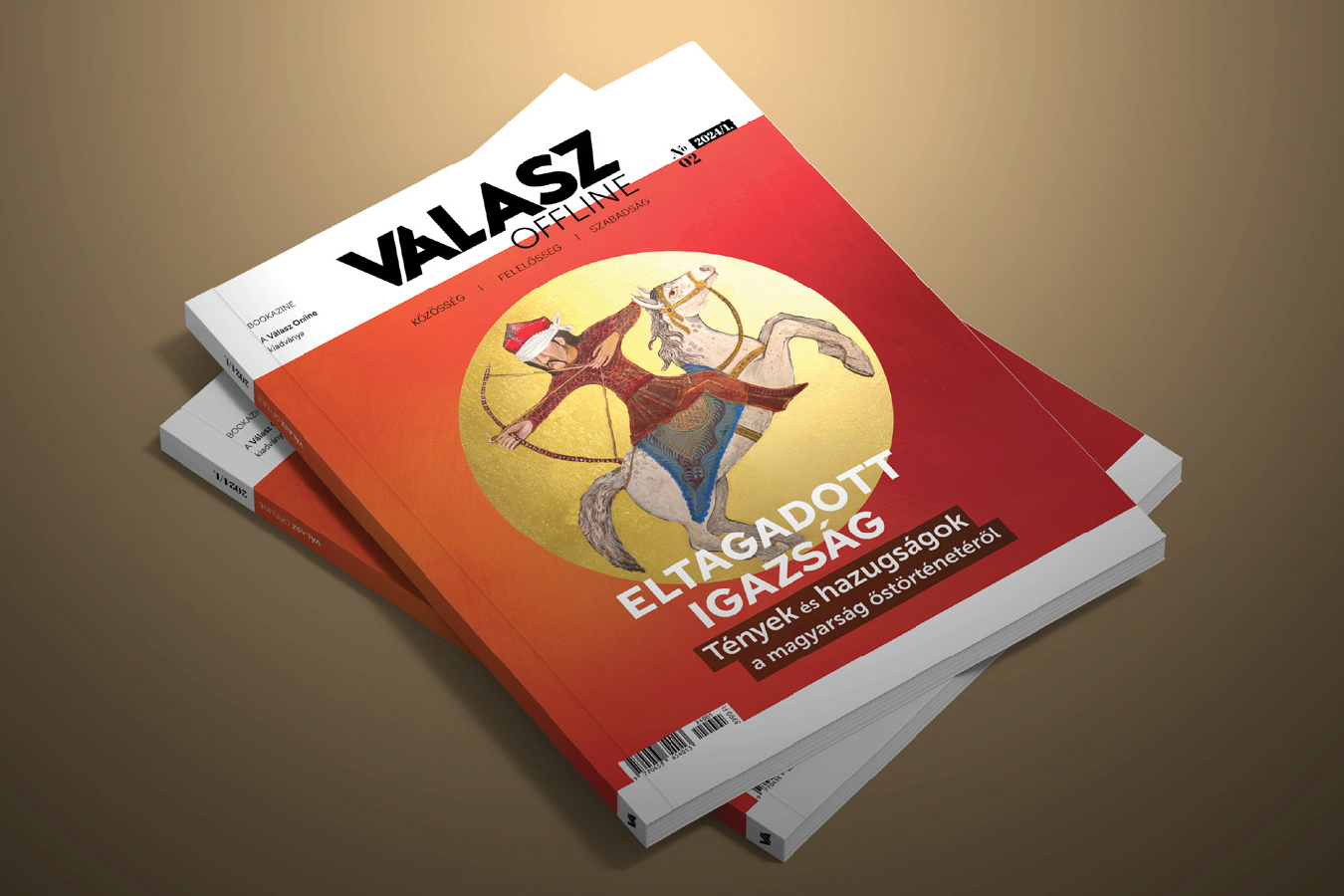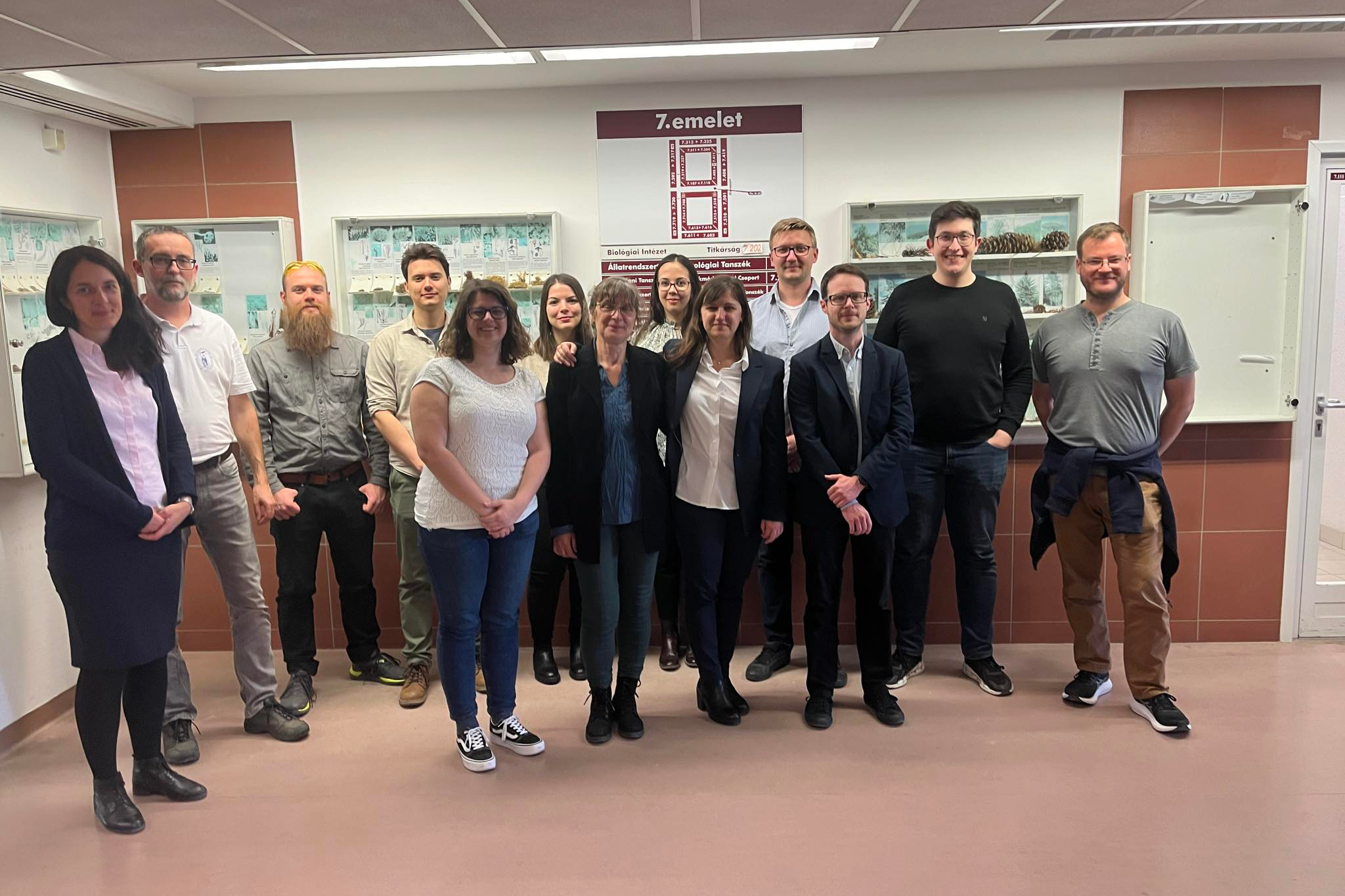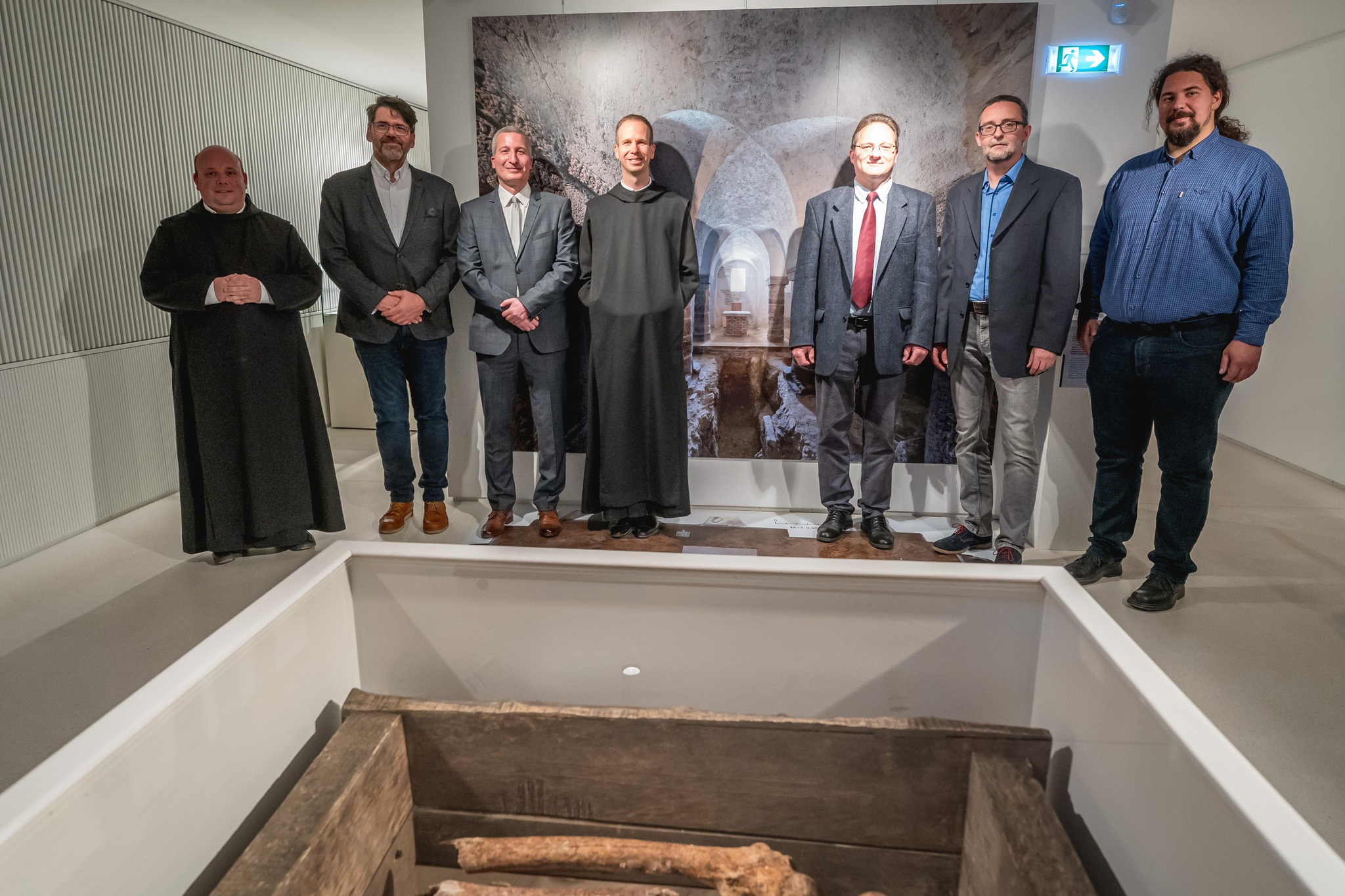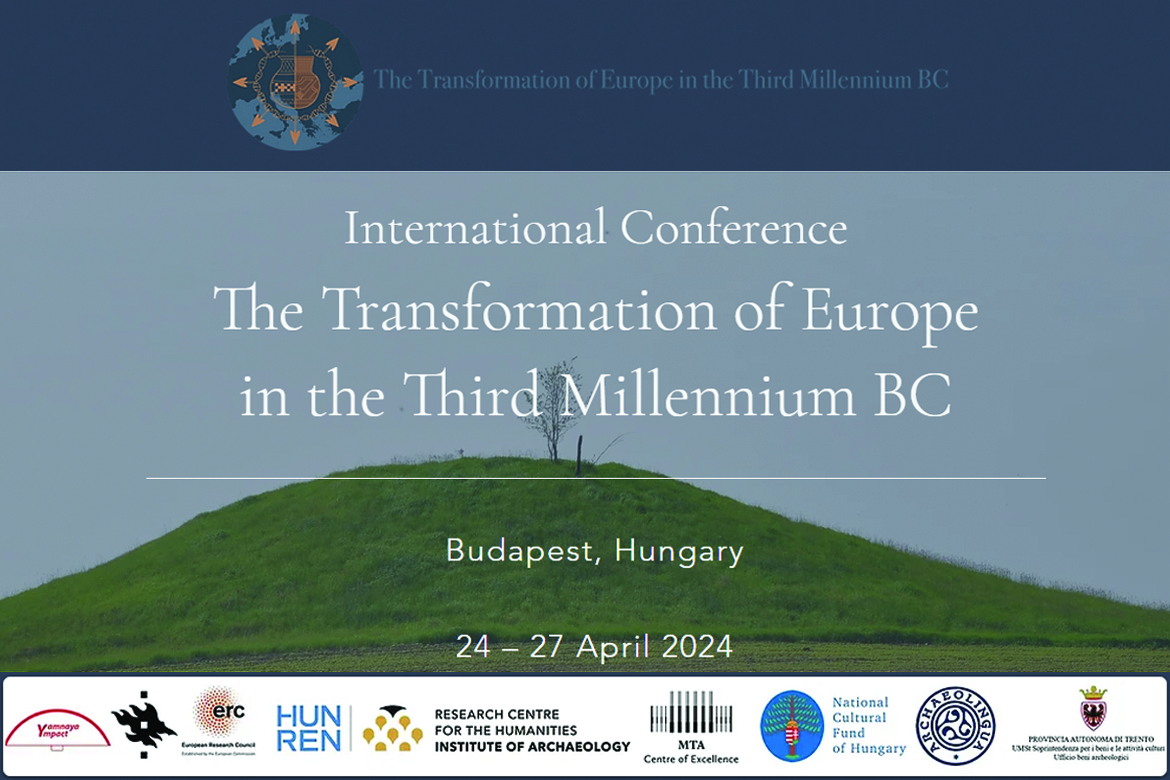ELTE Research Centre for the Humanities | 1097 Budapest, Tóth Kálmán utca 4. | HU15854939

Our institute's colleagues in the pages of the Válasz Offline bookazine
- Details
- Category: News
Our institute's colleagues – Noémi Borbély, Dániel Gerber, Balázs Gyuris, Balázs Mende, and Bea Szeifert – contributed to Válasz Online's recently published bookazine entitled "Válasz Offline".

Bea Szeifert successfully defended her doctoral dissertation
- Details
- Category: News
Bea Szeifert, a research fellow and scientific secretary at our institute, as a state scholarship holder of the Genetics Doctoral Program of the Biology Doctoral School at the Faculty of Science, Eötvös Loránd University (ELTE), submitted her doctoral dissertation titled "Archaeogenetic Analysis of Human Skeletal Material from Volga-Ural Region Cemeteries Associated with Early Hungarians."

The exhibition "Kings, Saints, Monasteries" opened at the Benedictine Abbey of Tihany
- Details
- Category: News
On May 4, 2024, the exhibition "Kings, Saints, Monasteries: The World of Early Benedictines in Hungary in Light of the Latest Scientific Research" opened at the Benedictine Abbey of Tihany.

"The Transformation of Europe in the Third Millennium BC" International Conference Held in Budapest on April 24–27, 2024.
- Details
- Category: News
"The conference titled "The Transformation of Europe in the Third Millennium BC" took place in Budapest from April 24 to 27, 2024. The aim of the meeting was to summarize the exponentially increased quantity and quality of knowledge spanning various fields of science, including archaeology, anthropology, genetics/genomics, linguistics, and other biological and environmental sciences, through inspiring dialogue. Internationally recognized invited speakers and the poster session provided a comprehensive insight into the history of the third millennium BC, which brought significant changes to prehistoric Europe.
More Articles …
Page 8 of 15


